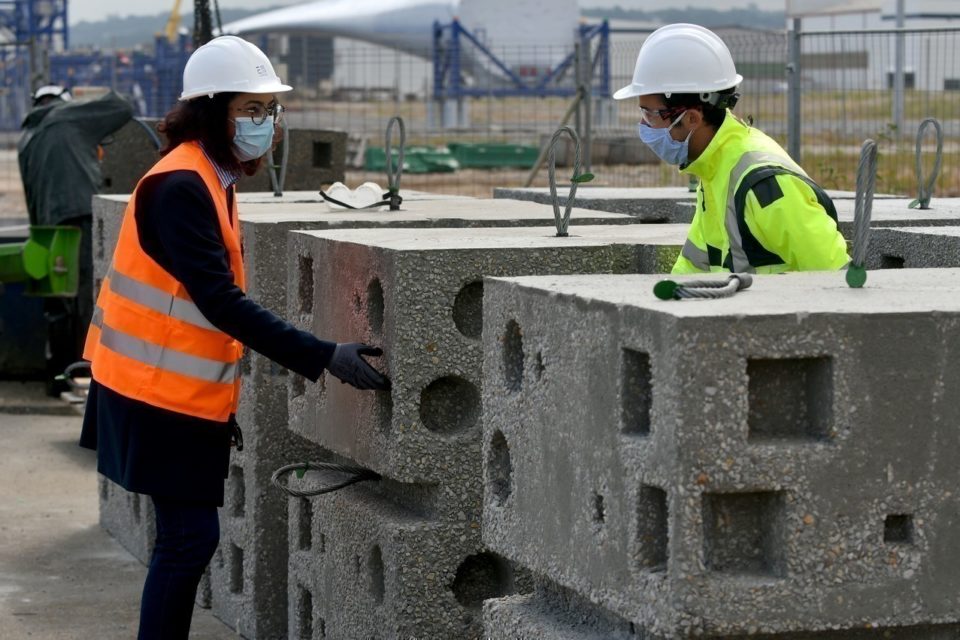The European elections are from June 6 to 9, 2024. And if you wisely place your ballot in the ballot box at each election date, do you know what that is for?
The outcome of this vote affects a large number of people because the European Parliament adopts laws that affect all countries in the European Union (EU).
This is without taking into account that these laws, in the name of the principle of primacy of European law, can prevail in the event of a conflict with national law. In other words, European legislation foments French legislation.
And the decisions that are taken in the European hemicycle have very concrete impacts on your everyday life. Without us necessarily knowing it.
A site to see what Europe is (concretely) doing for you
In 2018, the European Parliament launched a practical site called “What Europe does for me”.
This site brings together hundreds of easy-to-read, one-page notes showcasing examples of the EU’s impact on people’s lives. Every user can easily find precise information on what Europe is doing.
Although it is full of information, you still need to know how to navigate this site. Here are some tips to help you find your way.
In all aspects of daily life
Once on the home page, three options present themselves to you. Discover Europe’s actions: for your region, your daily life or your future.
In the “my life” tab, you can read notes on what the European Community does for my daily life, my hobbies or my profession.
Home owners, fire victims, cultural heritage professionals or journalists, future parents and even beer lovers… We will explain to you what you are entitled to and what Europe is doing for your interests.
Projects carried out near you
The “near you” tab is perhaps the most interesting. Once you click on it, a map of the EU is displayed. It’s up to you to zoom in to arrive in your region, in your department, in your city and even in your neighborhood.
Let’s take the example of Rennes, in Ille-et-Vilaine. 13 projects in which the EU participated are referenced.
Development of Very High Speed in Brittany or a web platform for Breton schools, support for research, creation of a restaurant which allows young people with autistic disorders to learn, financing of natural gas coaches… We see that the Europe is present in all themes.
When you click on a project, you can see how much the EU has financed it and with which European fund.
This article is originally published on actu.fr








